Point Blue Conservation Science
CLIMate challenge: Less Water, Worse Droughts
GRANT AWARD: $115,876; Year Awarded: 2018
California’s endemic blue oak woodlands are showing climate-related dieback at their xeric distributional edge and models indicate that much of this current distribution will be lost in the next century. The species’ adaptation to a historically more mesic climate could inhibit its ability to survive in an increasingly dry landscape. This project proposes assisted gene flow as a means for increasing genetic climate resilience in the northern/central regions of the blue oak woodlands, which are likely to become more xeric in the future. The project team will plant seeds sourced from xeric populations, the most warm/dry-adapted of the species’ genome, in the northern/central populations, thereby shifting the gene pool of the woodlands to a more climate-adaptive state.














